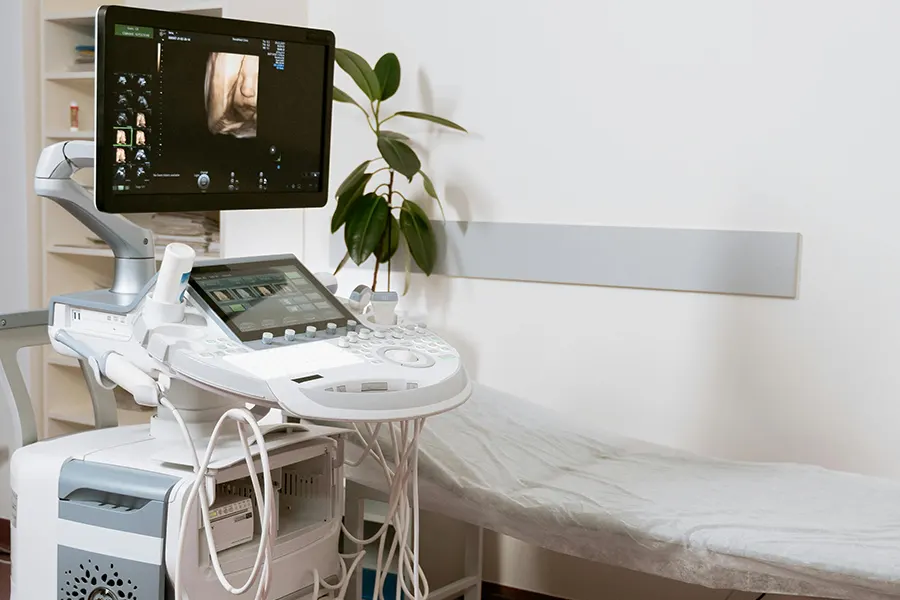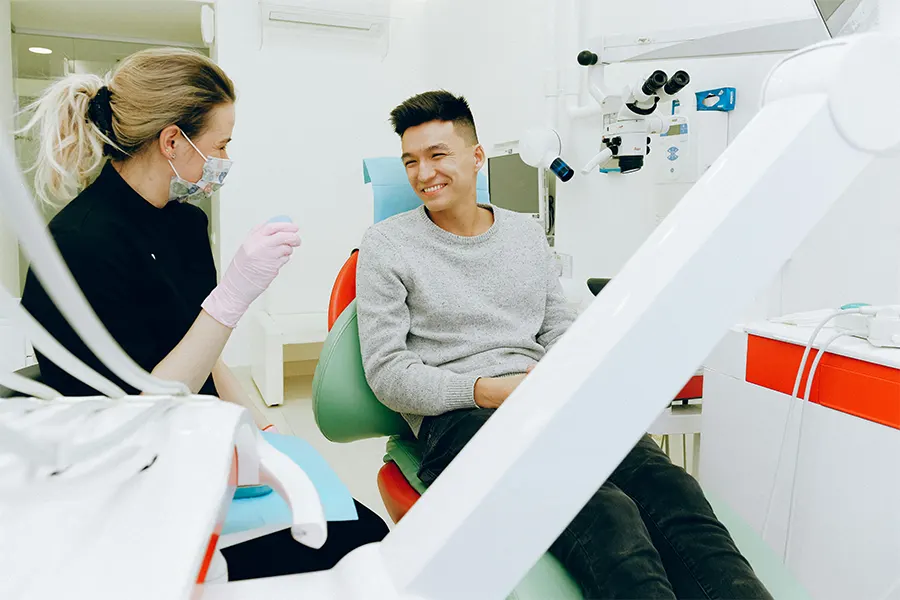When discussing patient health, the focus often lands on diagnosis, treatment, and recovery. However, there is a critical aspect that’s frequently overlooked – the environment in which healthcare is delivered. A clean clinic environment not only minimizes the risk of infections but also influences patient mental health. This nuanced link between cleanliness and mental well-being presents a compelling narrative for healthcare facilities, one where the quality of the patient experience is as vital as the treatment provided. In this comprehensive exploration, we will dissect how the meticulous maintenance of a clinic environment can positively affect a patient’s mental state, bolstering recovery, and enhancing the overall healthcare experience.
The Silent Influence of a Clean Clinic Environment
We might not always realize it, but the cleanliness of our surroundings has a significant impact on our mood and mental well-being. This is particularly poignant within the clinical setting, where patients’ mental health can be severely compromised due to illness-related stress and anxiety. A dirty or disorganized environment can exacerbate these feelings, leading to heightened distress and a less-than-optimal recovery process.
Physical Health Benefits of a Spotless Facility
Bacterial and viral infections are an omnipresent risk in any healthcare setting. When clinics are kept clean, the likelihood of acquiring secondary infections is reduced. This not only safeguards patients’ physical health but also alleviates a major source of anxiety. A study published in the Journal of Hospital Infection found that patients who perceived their environment to be clean were more satisfied and at ease, contributing to a smoother recovery path.

The Ripple Effect of a Clean Clinic Environment on Psychological Well-being
Cleanliness can convey a sense of order, control, and care that is comforting to patients. When they step into an immaculate clinic, they know that the facility is attentive to detail, which can help reduce patient stress levels. For those suffering from mental health conditions, such as anxiety disorders, a clean and organized environment can provide a therapeutic backdrop to their treatment.
Enhancing the Patient Experience
Beyond the psychological aspect, a clean clinic also influences the overall patient experience. It helps build trust in the healthcare provider and mitigates the chances of a negative impression, which can be long-lasting. Patients who feel comfortable in their environment are more likely to rate their experience positively, leading to better patient retention and clinic reputation.

Clean Clinic Environment Factors Influencing Mental Health in Clinics
Cleanliness is more than just tidiness; it’s a multi-faceted aspect that contributes to the overall impression of a clinic. Several factors within a healthcare establishment necessitate meticulous attention to detail to ensure a space that is truly conducive to healing.
Breathing Easier: The Air Quality Quandary
The quality of the air patients breathe can significantly alter their mental well-being. Good air quality is not only important for respiratory health but also for promoting a sense of freshness and vitality that can be pivotal to mental recovery. Measures like regular air filter replacements, greenery for oxygen production, and compliance with air quality regulations are essential.
Best Practices for Maintaining a Clean Clinic Environment
To make the most of the cleanliness-mental health connection, clinics must adopt best practices that go beyond general housekeeping. These structured protocols ensure that the clinic environment is consistently clean and welcoming.
Control Environment, Control Comfort
In addition to visible cleaning methods, measures to maintain temperature, color, lighting, and humidity play a vital role in patient comfort. A clinic that is too cold or too warm, unlit, or without proper ventilation can signal neglect and add to the patient’s mental burdens.
The Resonance of Cleanliness in the Healthcare Ecosystem
A clean clinic is not a luxury but a necessity that transcends the aesthetics of an institution. The implementation of robust cleaning protocols is a reflection of a clinic’s commitment to patient well-being, both mental and physical. It is a silent but powerful part of the healthcare ecosystem, one that deserves thoughtful consideration and proactive management.
In conclusion, maintaining a clean clinic environment is not just about keeping germs at bay; it’s about creating a space where mental health is a priority.


